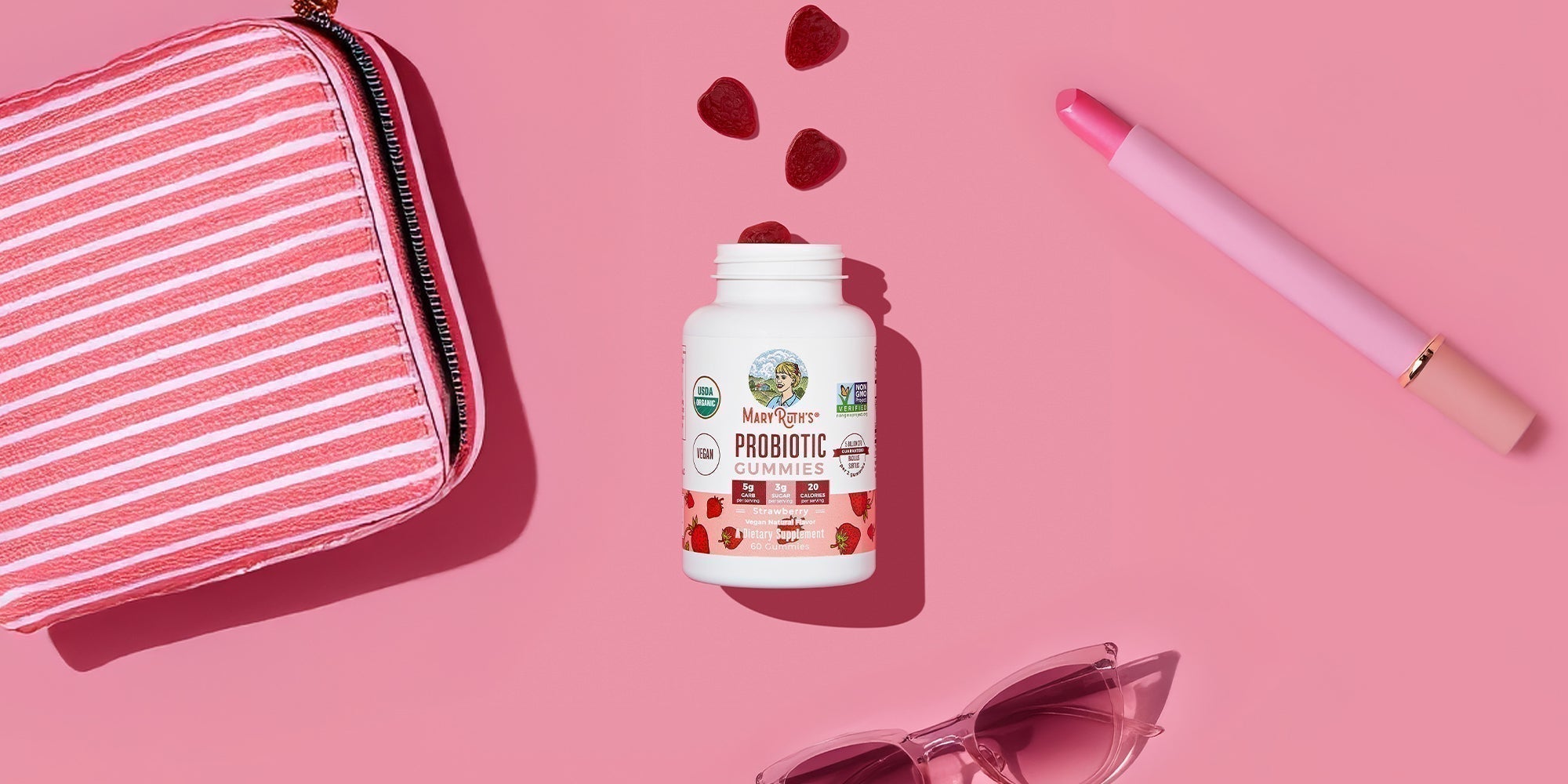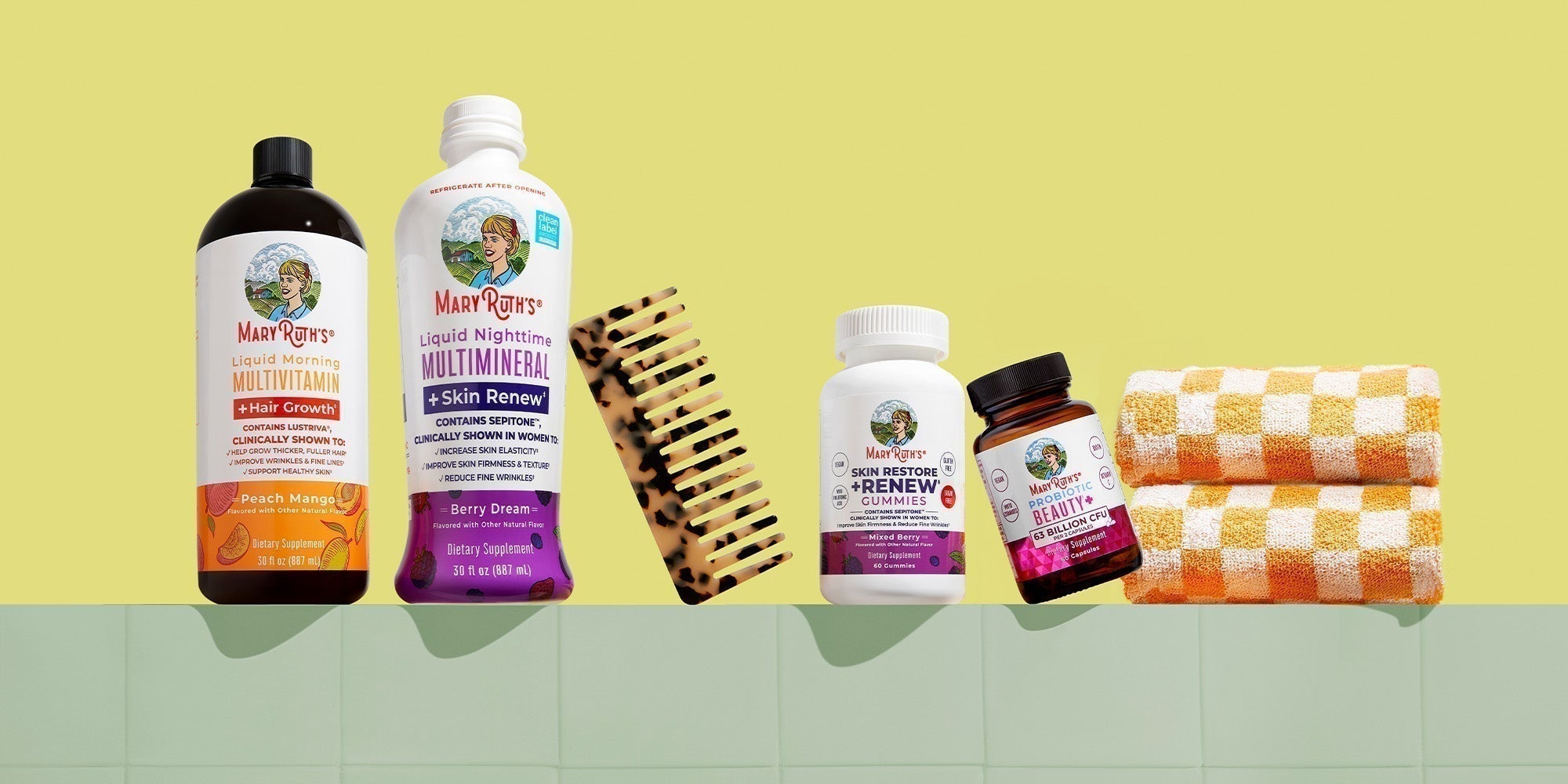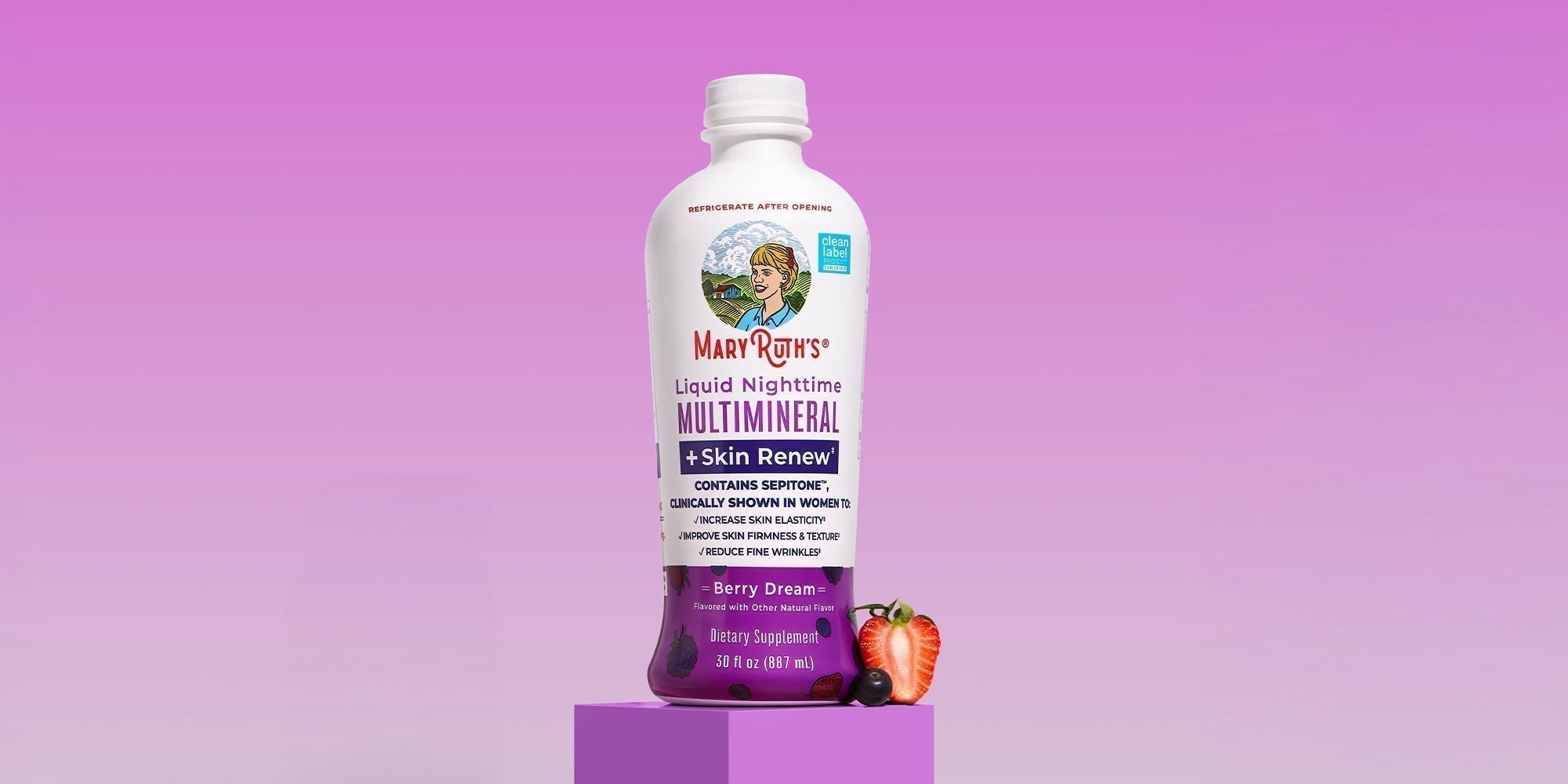Vitamin D is a nutrient that plays a key role in your body’s overall health. D vitamins help to support your body’s immune system, keep your bones strong, and can even contribute to your mood.
The two main types of vitamin D are D2 (ergocalciferol) and D3 (cholecalciferol). These two types of vitamin D differ slightly in their chemical makeup: the structure of their side chains is different.
Ultimately, the recommendations for this supplement in the United States don’t state that either type, D2 or D3, is preferred over the other. With that being said, let’s dive in and see the similarities and differences between the two and why some people may have a preference for one over the other. We hope that knowing the differences between the two will help you pick the best form of vitamin D to take.
Vitamin D2 vs. D3
There are a few key differences between vitamin D2 and vitamin D3, and understanding these differences may help you choose which supplement is right for you. We’ll take you through some of the similarities and differences in this blog.
- Perhaps the most discussed method for the synthesis of both vitamin D2 and D3 is their production from provitamins by UVB ray exposure. Vitamin D2 is produced in fungi and yeast from provitamin D2 which is known as ergosterol, while vitamin D3 is produced in the skin from provitamin D3, 7-dehydrocholesterol.
- Vitamin D3, also known as cholecalciferol, is sometimes called “the sunshine vitamin,” due to being produced by your body through sun exposure. This is the type of vitamin D that we at MaryRuth’s use in our supplements.
- Aside from sunlight, the primary sources of vitamin D3 in nature are animals or animal byproducts such as fish, meat, egg, and milk products. For those who stick to a plant based diet, this may sound disheartening, but there’s good news!
- Traditionally, only vitamin D2 was considered to be present in plants, but studies have also found vitamin D3 in plant tissue.
- Both vitamins D2 and D3 can be taken as a supplement.
- The most common form of vitamin D found in fortified foods like bread and cereal is D2. Vitamin D2 is not the form of vitamin D that is produced by your body as a result of sun exposure – that’s D3. Vitamin D2 can also be taken in supplement form on its own, or as part of a multivitamin.
- Previously, vitamin D3 and D2 were both measured in international units (IU), though the U.S. Food and Drug Administration now requires that supplement labels be updated to reflect metric units of measurement — micrograms (mcg) or milligrams (mg).
Which Form of Vitamin D is More Effective?
When it comes to vitamins like D2 and D3, your liver plays an important role in reaping their benefits for your body. Your liver turns both vitamin D2 and vitamin D3 into 25-hydroxyvitamin D, which your body then uses to aid in immune function, bone health, and more.
One of the biggest differences between vitamin D2 and vitamin D3 is their effectiveness. Between vitamin D2 and vitamin D3 supplements, research has shown that D3 may be more effective in raising your body’s levels of vitamin D production. However, because vitamin D3 is typically found in animal sources, it can be difficult for vegans to get enough of the vitamin, or find supplements that fit their dietary requirements.
Whether you are vegan or not, getting enough vitamin D3 is a must – but how do you get it?
Look no further than MaryRuth’s Vegan D3 Gummies, Vitamin D3 Spray, or our many other supplements containing vitamin D. These delicious supplements are super easy to take and are perfect for adults or kids. Our vitamin D comes from cholecalciferol, the recommended form of D3. That means you can get all of the benefits of D3 without needing to opt for animal-based sources.
Product Recommendation
Which Supplement Do I Take – D2 or D3?
Because your liver can more effectively turn vitamin D3 into 25-hydroxyvitamin D than D2, opting for vitamin D3 is the preferred way to go. Sticking with a high-quality, vegan D3 supplement will ensure that you get the best possible form of this valuable nutrient.
Can You Get All The Vitamin D You Need From the Sun?
D vitamins can be soaked up from the sun’s rays, and exposure to the sun is often cited as one of the most reliable ways to get enough vitamin D. MaryRuth recommends getting 15 minutes of sunshine each day!
However, spending the majority of your time inside can make it difficult to get enough vitamin D from soaking up some rays.
So if you spend the majority of your day inside including a high-quality vitamin D supplement in your everyday routine could be beneficial! We recommend getting your bloodwork done by your physician or healthcare provider so that you can determine if you have sufficient vitamin D levels.
Product Recommendation
What Happens If I Have A Vitamin D Deficiency?
If you are not getting enough vitamin D through exposure to the sun, your diet, or supplements, you may start to see some serious health issues arising.
Below are a few common symptoms of vitamin D deficiency.
- When you are deficient in vitamin D, you may get sick more often. Lack of sufficient vitamin D can leave your immune system weakened, making you more susceptible to catching a bug.
- Low vitamin D levels may make you feel exhausted. Fatigue is a common sign of a vitamin D deficiency. When you are low on any key nutrients that your body needs, you may find yourself getting worn out more easily, and vitamin D is no exception.
-
Mood issues can also result from a vitamin D deficiency. The conversation surrounding vitamin D and emotional health often turns to the subject of seasonal affective disorder (SAD). For many people, less sunlight during the colder, darker months of the year can result in a vitamin D deficiency that makes it harder to regulate your emotions. If you are feeling down, you might not be getting enough vitamin D.
- Not enough vitamin D can also weaken your bones. This may leave you with noticeable side effects like back pain, achy joints, and more. Insufficient vitamin D levels can also make it harder for your body to absorb calcium.
Vitamin D deficiencies can cause a host of problems and can have a long-term impact on your health. It’s always worth it to make sure you are getting enough vitamin D from sunlight, whole foods, and supplements as needed.
How Much Vitamin D Is Too Much?
Although it isn’t common, it is possible to experience some problematic side effects as a result of too much vitamin D intake.
While vitamin D deficiency is much more common than overdoing it with this important nutrient, it is still important to not load up on vitamin D supplements indiscriminately and run the risk of getting sick or experiencing other side effects. It is best to always discuss any new supplement with your physician to ensure you are taking the right amount for you.
MaryRuth’s Gives You All The Vitamin D3 You Need In A Delicious Form!
The majority of vitamin D3 supplements are made with D3 derived from lanolin. Lanolin is sourced from wooly animals like lambs, and doesn’t fit in with a plant-based lifestyle.
To help you get all the D3 you need while sticking to a vegan diet, MaryRuth’s vitamin D3 gummies, D3 Spray, D3 + B12 Gummies, K2 + D3 Calcium Gummies, and other supplements that contain D3 are all made with lichen, a plant similar to moss that is naturally abundant in vitamin D3. Our gummies taste amazing, too, coming in various irresistible flavors that kids or adults will love.
What Plant-Based Foods Can I Eat To Get Vitamin D?
Some of the best plant-based sources of vitamin D are mushrooms. These tasty fungi are easy to incorporate into your diet, and can be enjoyed either cooked or raw. To add an extra boost of vitamin D into your daily meals, you can cook up some shitake or portobello mushrooms and enjoy them with some whole grains, legumes, and veggies. Yummy!
Another great way to get vitamin D in a plant-based diet is through fortified foods. Many cereals and other grains contain added vitamin D from vegan sources. When including fortified grains in your diet, stick with whole grains as much as possible. There are plenty of delicious cereals, breads, and more that are made with whole grains and fortified with vitamin D.
In addition to fortified grains, you can also get a healthy added dose of vitamin D from fortified non-dairy milks. Almond milk, soymilk, rice milk, coconut milk, and other non-dairy milk alternatives are often fortified with many valuable vitamins and minerals. Including one of these non-dairy milks in your diet can get you an extra boost of nutrition while sticking to plant-based foods.













